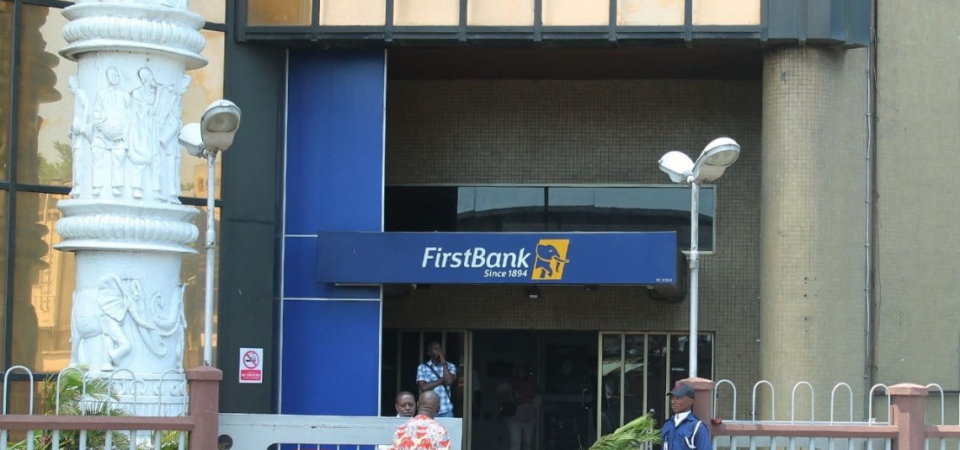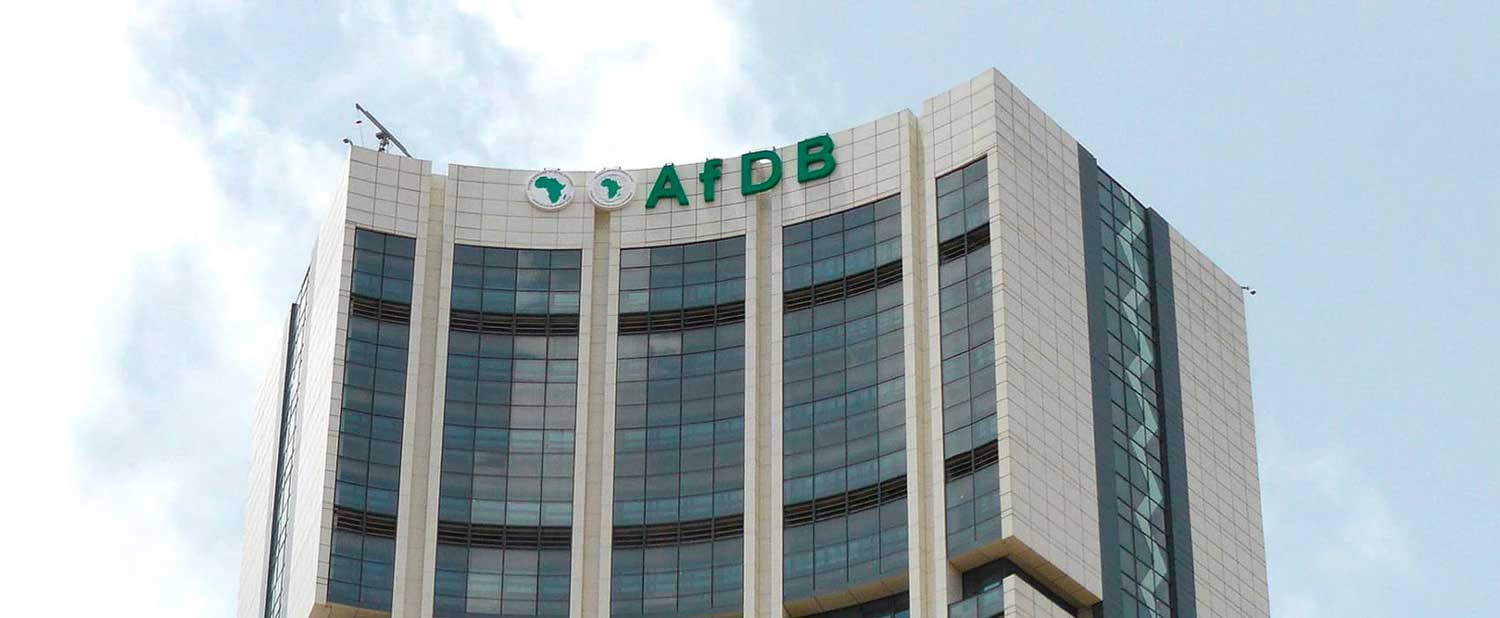The court of appeal has set aside a high court ruling in the case between First Bank of Nigeria (FBN) and General Hydrocarbons Ltd (GHL).
First Bank had alleged fraudulent diversion of proceeds of sale from an oil cargo which it said GHL had pledged as security for a loan.
The high court had ruled that the matter in contention was not a maritime claim but a case of debt recovery.
First Bank proceeded to file an appeal against the ruling.
Advertisement
In a ruling on Thursday, a three-man panel, led by Justice Hamma Akawu Barka, set the high court judgment aside.
The court authorised the sale of the crude oil cargo, with proceeds to be paid into an interest-yielding escrow account in the name of the chief registrar of the court of appeal pending the hearing and determination of the case at the trial court and the court of arbitration.
According to the court, the appeal was allowed after finding that the main issue was preserving the res or matter, which was the main aim of the appeal.
Advertisement
The court set aside the earlier order of the trial court vacating the order of arrest of the second respondent.
Part of the ruling includes an order to the appointing chief registrar of the court of appeal to take possession of the crude oil cargo aboard the floating production storage and offloading (FPSO) Tamara Tokoni.
Also, the appeal court ordered the protection of the cargo against dissipation or unauthorised disposition by any party, including Conoil and the Nigerian National Petroleum Company (NNPC) Limited, that partly owns the crude in the FPSO, pending the final determination of the case at the trial court and court of arbitration.
FBN-GHL AGREEMENT THAT LED TO COURT CASE
Advertisement
Earlier this year, GHL said it entered a legally binding, enforceable subrogation agreement with First Bank on May 29, 2021.
The company said FBN had agreed to fund its exploration, production and development of OML 120 in exchange for sharing profit from oil proceeds from the OML in a 50:50 ratio after statutory payments and taxes over 8 years.
The FBN 50 percent share will then be used to pay down its non-performing loans of about $718 million which was discounted to $600 million to resolve its solvency issues.
GHL said in FBN’s quest to stay afloat, the bank loan was sold at $600million as an eligible banking asset (EBA), with comfort from the oil firm, adding that the lender then collected the cash from Assets Management Company of Nigeria (AMCON), with which they rebuilt the bank without meeting GHL’s needs.
Advertisement
However, the oil firm said First Bank’s failure to pay its pending requests according to contract terms led to an international incident in 2023, which nearly claimed the lives of 93 persons working on the oil rig.
According to GHL, on October 7, 2023, the drilling rig Blackford Dolphin ran out of fuel, food, and other critical supplies with 93 people on board — a critical situation that almost led to a distress call.
Advertisement
In its defence, First Bank accused GHL of “diverting” the proceeds after off-taking crude from the FPSO vessel.
But the oil company denied diverting funds disbursed by the lender, describing the allegation as “befuddling”.
Advertisement
GHL also said it does not owe FBN $225 million.
In the course of the dispute, First Bank secured a court order to arrest and detain the crude oil cargo on board the FPSO vessel owned by GHL.
Advertisement
GHL accused First Bank of abusing an ex-parte freezing orders by selectively releasing part of the crude in the FPSO to Conoil and NNPC.
In its defence, First Bank said it followed due process in securing court order against GHL.
The cargo had been in the custody of the admiralty marshall in line with the court order, according to a notice of arrest.











